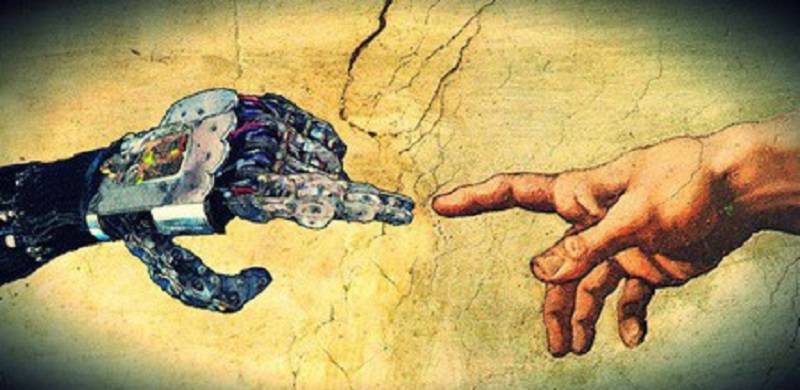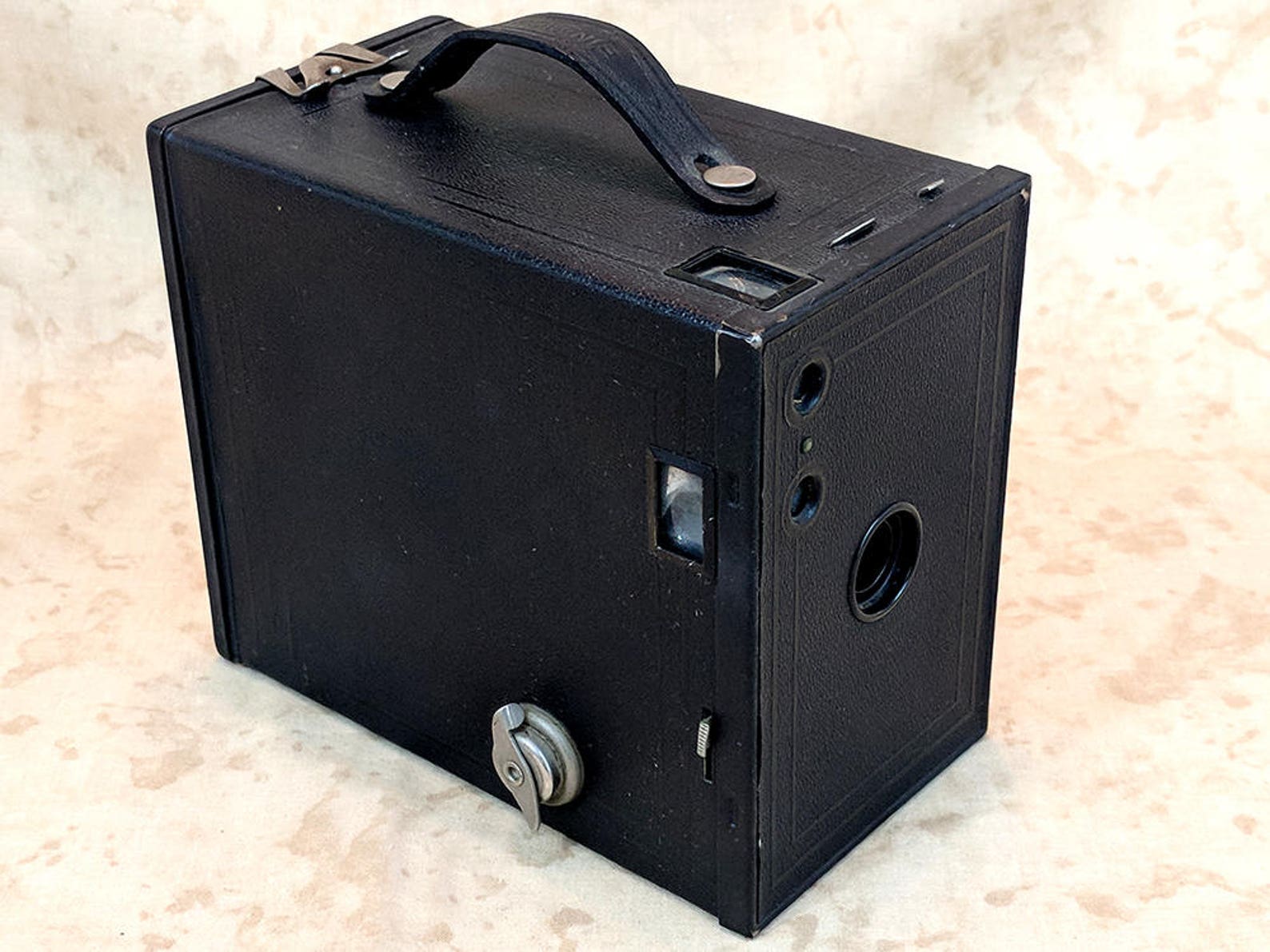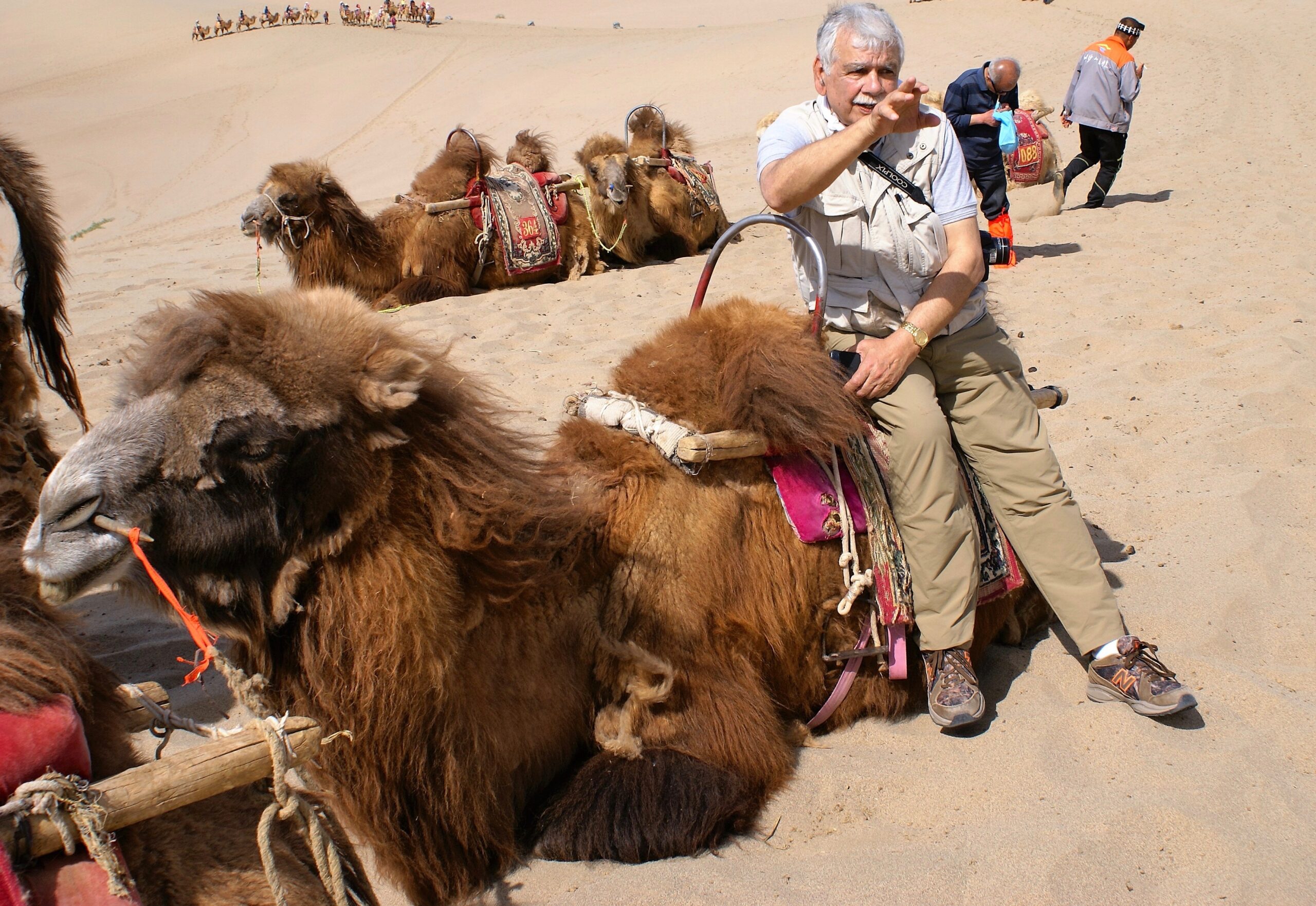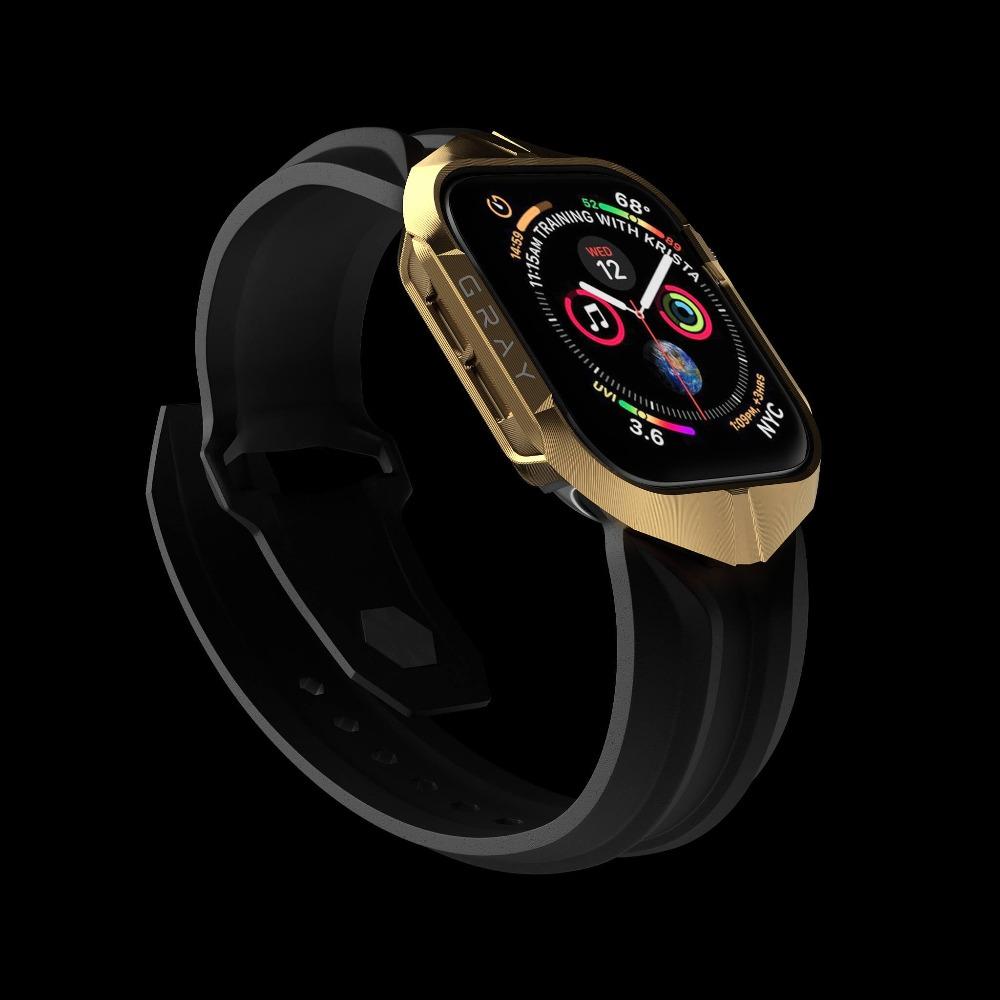
I am always amazed and frustrated at the increasing complexities of everyday gadgets. It is not only the newfangled gizmos that puzzle and confuse me, but also any electronic device I have bought over the past few decades. The only things that worked the way they were intended to work were the old-fashioned wrist watches and timepieces.
Soon after the imposition of the first (Ayub Khan’s) Martial Law in Pakistan in 1958, the public was unsure about this new kind of law. The authorities announced that all black-market merchandise should be brought out in the open market and sold at reasonable prices. Fearing the big stick wielded by the new rulers, many merchants lowered the prices of commodities. And also, the prices of everyday household items including time pieces, watches, electronics, cosmetics and toiletries were similarly affected. The shopkeepers spread plastic sheets in front of their shops and piled up the merchandise. In Peshawar Saddar’s Gora Bazaar, I found a beautiful timepiece priced at Rs. 17. That faithful timepiece was my companion throughout my medical school studies and later during my house job.
In those days, timepieces had illuminated numbers that would glow in the dark. It required daily winding and a bell mounted on the top rang at predetermined times. The illuminated dial and numbers were painted with radium that – we later learned – was cancer-causing. Despite the health hazard, those watches and timepieces were reliable, sturdy and easy to operate.
From my perch atop the camel, I called my son Qarie in America and asked if there was any way the battery could be rejuvenated. “Yes, dad,” he said with confidence, “you need to plug it into an electric source.” Now, Bactrian camels have an intake channel by the mouth and an output channel under the tail, but no electric outlet
In the 8th grade, I had a Kodak box camera that was as simple as a pinhole camera. You flipped open the back, put in the roll of film, closed the lid, advanced the film to the first photo, and started clicking. Then you took the finished roll to a photo studio where they developed the film and made contact prints. It was sheer joy to see the result of your efforts! That camera had just one bell and one whistle.

It did not take long, however, for cameras to become cumbersome and complex. Bells and whistles multiplied, and cameras came with a manual studded with tedious directions. Since the days of the box camera, I have owned many generations of Kodak Retina, Nikon and Pentax cameras. I learned as much as I could but never mastered all the bells and whistles. I just needed to use the focus, set the aperture, and occasionally used timed exposure. After all, the famous photographer Ansel Adam used an old-fashioned camera that in today’s world would be considered primitive. Despite being not very good at the physics of photography, I was able to take some prize-winning photos. I was like a hunter who shoots randomly in the air hoping a flock of birds would fly within the range.
All I wanted to do was to take spontaneous and candid photos. But to operate a modern camera requires the patience of Job himself. That, as my family and friends can testify, I don’t possess. You see a deer in the wild and by the time you set the aperture, exposure and focus, the animal vanishes in a flash.
The digital revolution swept all that away and now I had to relearn how to take photos with a new camera and a new mindset. I am still trying to cope with it.

In 2017, I was part of an expedition on the Silk Road in China. I had acquired a basic Nikon camera with fewer bells and whistles that was simple to operate. But, while on a camel in the desert, the camera battery ran out of juice, and I did not have a spare battery. From my perch atop the camel, I called my son Qarie in America and asked if there was any way the battery could be rejuvenated. “Yes, dad,” he said with confidence, “you need to plug it into an electric source.” Now, Bactrian camels have an intake channel by the mouth and an output channel under the tail, but no electric outlet. A dead battery reduced my new Nikon to an expensive door stop.
Now I rely on my cellphone to take pictures. Mercifully, these pocket cameras are easy to use and have no redundant bells and whistles. It reminds me of the commercial in which a grandmother reassures her daughter that in case of an emergency, all she has to do is to push one button on her basic mobile phone. “I push this button”, she says with confidence and adds, “how easy is that?”
I am also overwhelmed by new televisions. With 1,300 regular channels, separate movie channels and a confusing array of streaming services, pray tell: where does one find the time for all that? And why does one need more than one remote to operate these monsters?
My greatest frustration is when someone in the family uses a streaming service and neglects to get the TV back on the cable. To get back to regular channels, in frustration, I press various buttons on my 44-button remote to beam me back from the La La Land of streaming to the easy-to-understand realm of Wild West shows like Gunsmoke and Wagon Train.

During our Indus River Expeditions, in 1996, we entered Tibet to reach the source of the Indus River in the remote Kailash Mountains. The first few days were difficult for I missed my morning coffee and newspaper. But soon I got used to the daily rhythm without a radio, phone, or television. It was as if we had entered a dead zone of informatics. It was liberating.
Young people are like sponges, and they absorb everything that comes their way. It seems nothing is hard or difficult for them. On the other hand, we, the older generation, want to enjoy life without investing our precious time in untangling these electronic gizmos
After 30 days when we returned to Kathmandu, Nepal, we had this feeling as if we were emerging from a latter-day cave of the Quranic Ashab-e-Kahf. While we were trudging in Tibet towards the source of the Indus, a human tragedy was unfolding 250 miles away on Mount Everest. Eight climbers, while descending the mountain, died in a blizzard. We were totally oblivious to what was happening in the world and in a way, it was refreshing.
My first phone call to my wife from a pay phone at the border between Tibet and Nepal was beautiful. Had there been cell phones available, I would have been calling my wife everyday to relate the happenings on the trail. Instead, I kept a journal and wrote notes that were invaluable in my later publications. The joy of that one phone call at the end of our excursion into Tibet still brings back to me the beauty and depth of that conversation with my late wife.
The evolution of automobiles from the Model T that rolled off the assembly line at the Ford Plant in Detroit, Michigan, in 1908, has been nothing short of spectacular. But now the cars have become so complicated one does not know what they have to offer. With ubiquitous GPS on board, no one stops at a petrol pump to ask for directions, get a free map and end up striking a conversation with strangers. My friend, Bill Bonser, wrote the following in response to one of my op-ed pieces with a similar theme:
“Your list of complaints curiously overlooked cars. My car will go to the junk yard before I begin to learn all of its functions. For all the safety it touts, the features require menu searches which, in my mind are anything but safe at highway speed.
Perhaps there is a hope after all. A group of techies were presented with a dial phone and given 15-minutes to place a call. None of these latter-day Einsteins could figure it out.”

Transitions are hard for people of a certain age. Young people are like sponges, and they absorb everything that comes their way. It seems nothing is hard or difficult for them. On the other hand, we, the older generation, want to enjoy life without investing our precious time in untangling these electronic gizmos.
So, please give us a television with limited channels, a camera that does not require an advanced degree in electronics, a watch that shows only the time and a telephone that is simple enough to call and to receive calls. But spare us the abundance of bells and whistles.
And yes, try to put an extra outlet on the Bactrian camels!
Dr. Sayed Amjad Hussain is an emeritus professor of surgery and an emeritus professor of humanities at the University of Toledo, USA. His is also an op-ed columnist for the daily Toledo Blade and daily Aaj of Peshawar. He may be reached at aghaji3@icloud.com

